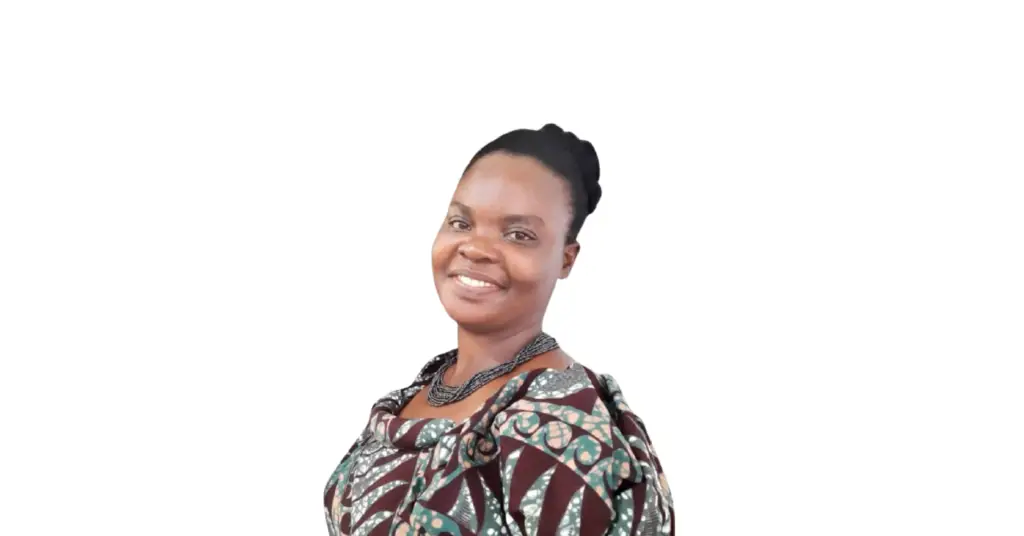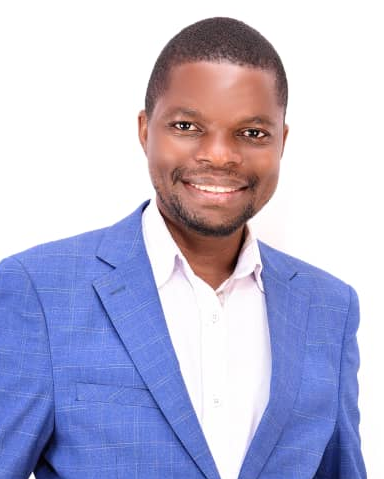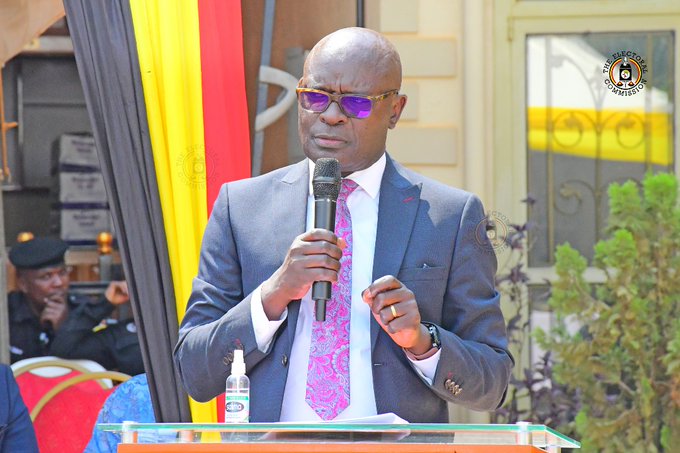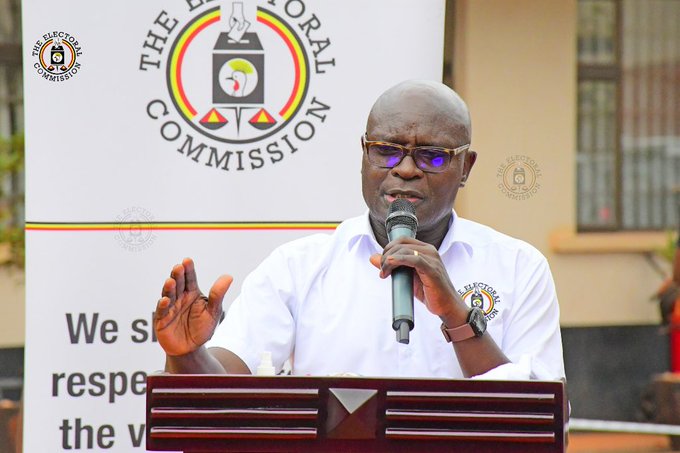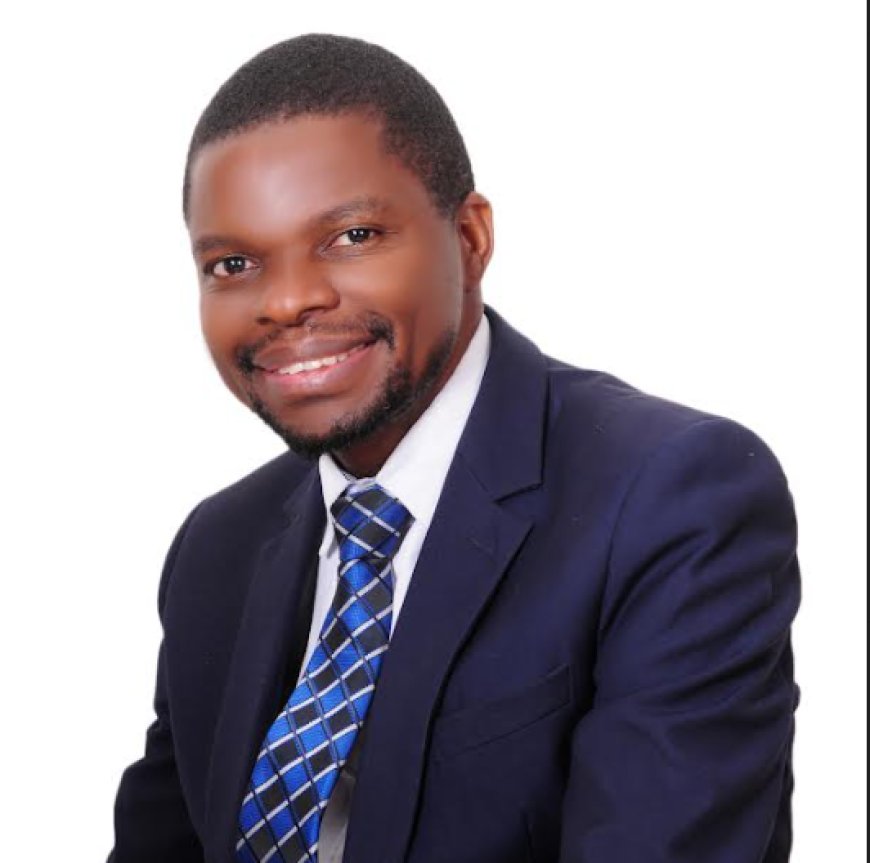Kampala, Uganda – A groundbreaking doctoral study at Makerere University has revealed significant shortcomings in Uganda’s formal education system.
The study particularly points to the system’s lack of a clear guiding philosophy and has proposed a new model to address these challenges.
The study, conducted by doctoral student Naomi Namanya under the supervision of Dr. Paddy Musana and Prof. Anthony Muwagga, highlights that the absence of a coherent educational philosophy is preventing Ugandan graduates from achieving their full potential.
The student successfully defended her doctoral study last week and is up for clearance for graduation next year.
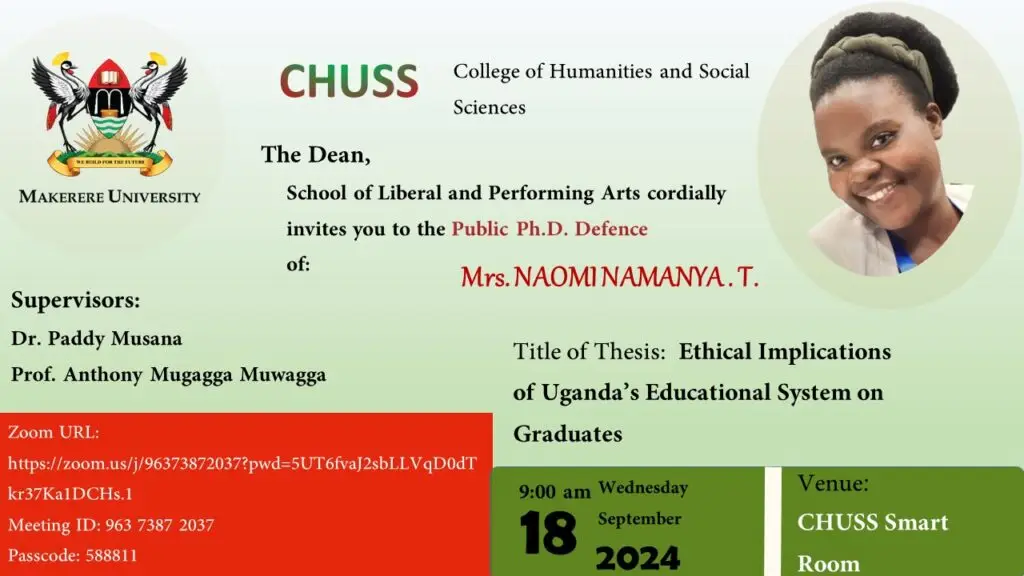
Namanya’s research, titled “Ethical Implications of Uganda’s Education System on Graduates,” raises critical questions about the system’s effectiveness in preparing graduates for national development and personal growth.
Using a mixed-methods approach, Namanya collected extensive data from stakeholders across Uganda. Her findings reveal that more than half of the participants (54.26%) were unable to articulate the purpose of the education system.
Even more striking, 69.57% of teacher graduates admitted they were unclear about the true purpose of formal education in Uganda. These gaps, according to Namanya, are contributing to the underperformance of graduates in fulfilling both national and personal goals.
Her research is deeply grounded in Judeo-Christian ethics, drawing on the Biblical mandate from Genesis 1:28: “Be fruitful, multiply, fill, and subdue the earth.” She argues that Uganda’s education system, which is currently influenced by conflicting philosophies, is not aligned with this Divine Mandate. Namanya explains that without a unified educational philosophy, many Ugandans are unable to realize their God-given potential.
The Model
Namanya’s study proposes a new model for re-designing Uganda’s education system. The model emphasizes the need for a coherent philosophy that aligns with national development goals while also enabling graduates to fulfill their moral and ethical obligations, as informed by the Divine Mandate. The proposed model includes several key components, such as:
- Establishing a National Philosophy – A clear and unified philosophy that can guide the country’s education system.
- Developing an Educational Philosophy – One that aligns with both the national philosophy and developmental goals.
- Redefining the Purpose of Education – A well-defined objective for training Ugandan students, emphasizing innovation and capacity building.
- Stakeholder Engagement – Continuous involvement of key stakeholders, including educators, parents, and industry leaders.
- Tailored Curricula and Assessments – Creating flexible curricula and competency-based assessments that respond to the needs of learners and the job market.
Namanya stresses that for Uganda’s education system to be truly transformative, it must address ethical concerns and align more closely with moral principles. “The current system lacks the foundation needed to help graduates fulfill what God mandated them to do,” she said. “We must urgently reform our education system to provide appropriate, ethical, and effective training.”
Study Objectives and Findings
Namanya’s research was guided by three specific objectives:
- To explore the philosophy behind Uganda’s formal education system and its implications for graduates’ ability to fulfill their Divine Mandate.
- To examine the general purpose of Uganda’s formal education about graduates’ personal and national development.
- To propose a model for delivering an education that enables graduates to realize their full potential.
The study’s findings show that Uganda’s education system is hampered by an amalgamation of conflicting philosophies—including idealist, individualistic, secular, and religious perspectives.
This has resulted in an unclear purpose for education, with many stakeholders unable to define its core objectives.
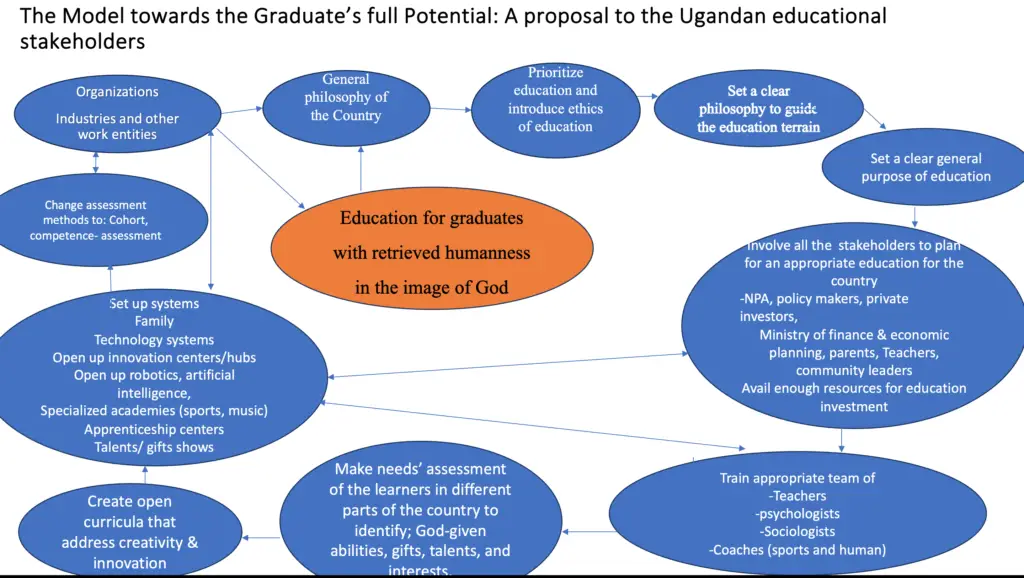
“My proposed model aims to bring clarity by establishing a unified philosophy and creating open, innovative curricula that address the real-world needs of students,” she told this news website immediately after her defence.
Multidisciplinary Research
Namanya’s work is multidisciplinary, encompassing Religious Ethics, Theology, and Education, while intersecting with critical disciplines such as Philosophy, History, Sociology, Politics, Economics, and Psychology.
Her research examines the rightness or wrongness of Uganda’s education system through the lens of Judeo-Christian ethics and raises important ethical questions about how graduates are prepared to manage issues like population growth, technological advancement, and economic development.
The ethical framework of Namanya’s analysis highlights significant shortcomings in Uganda’s education system, which she argues fails to equip graduates to fulfill their Divine Mandate.
“The lack of a clear guiding philosophy and an ambiguous purpose for education has led to an inappropriate training model that hinders graduates from achieving their potential,” she added.
Her study concludes by urging policymakers to adopt her proposed model, which integrates moral and ethical principles with practical strategies to reform Uganda’s education system.
“With these reforms, Namanya believes Uganda can produce graduates who are not only equipped to meet the challenges of the modern world but are also able to realize their God-given potential,” she emphasized, adding that;
“In light of these findings, the study calls for urgent reforms to ensure Uganda’s education system is better aligned with both national development goals and moral imperatives.”
EDITOR’S NOTE: Ms. Naomi Namanya can be reached by email: nmnamanya@gmail.com
About The Author
Arinaitwe Rugyendo
Rugyendo is the Founder and Editor-in-Chief of ResearchFinds News. He’s an accomplished journalist with a rich background in the media industry in Uganda. With over two decades of experience, Rugyendo has held various roles including cab reporter, Bureau Chief, Managing Editor, and Digital Media Editor at renowned publications such as Daily Monitor and Red Pepper. Throughout his career, he has demonstrated a commitment to delivering high-quality journalism and staying at the forefront of media trends. In addition to his journalistic pursuits, Rugyendo is currently pursuing a Ph.D. in Journalism and Communication at Makerere University. He has been recognized for his outstanding leadership and commitment to social change as a Desmond Tutu Fellow and Crans Montana New Leader. Rugyendo also serves as the Chairman of Young Engineers Uganda and Uganda Premier League, showcasing his dedication to promoting excellence and growth in various fields. With a passion for driving innovation and pushing boundaries in media, Rugyendo continues to make significant contributions to the industry. His vast experience, academic pursuits, and leadership roles make him a respected figure in the Ugandan media landscape.

